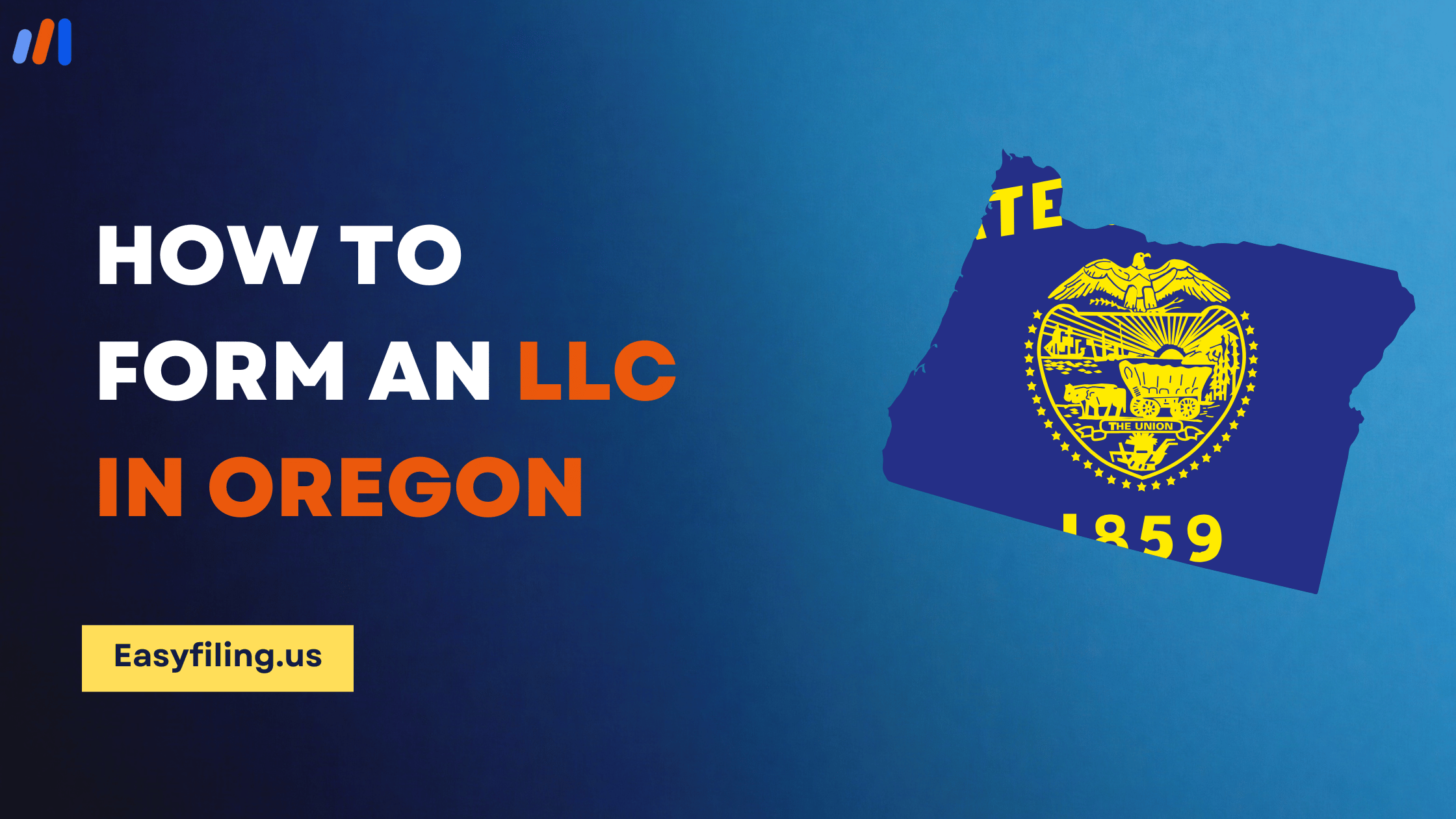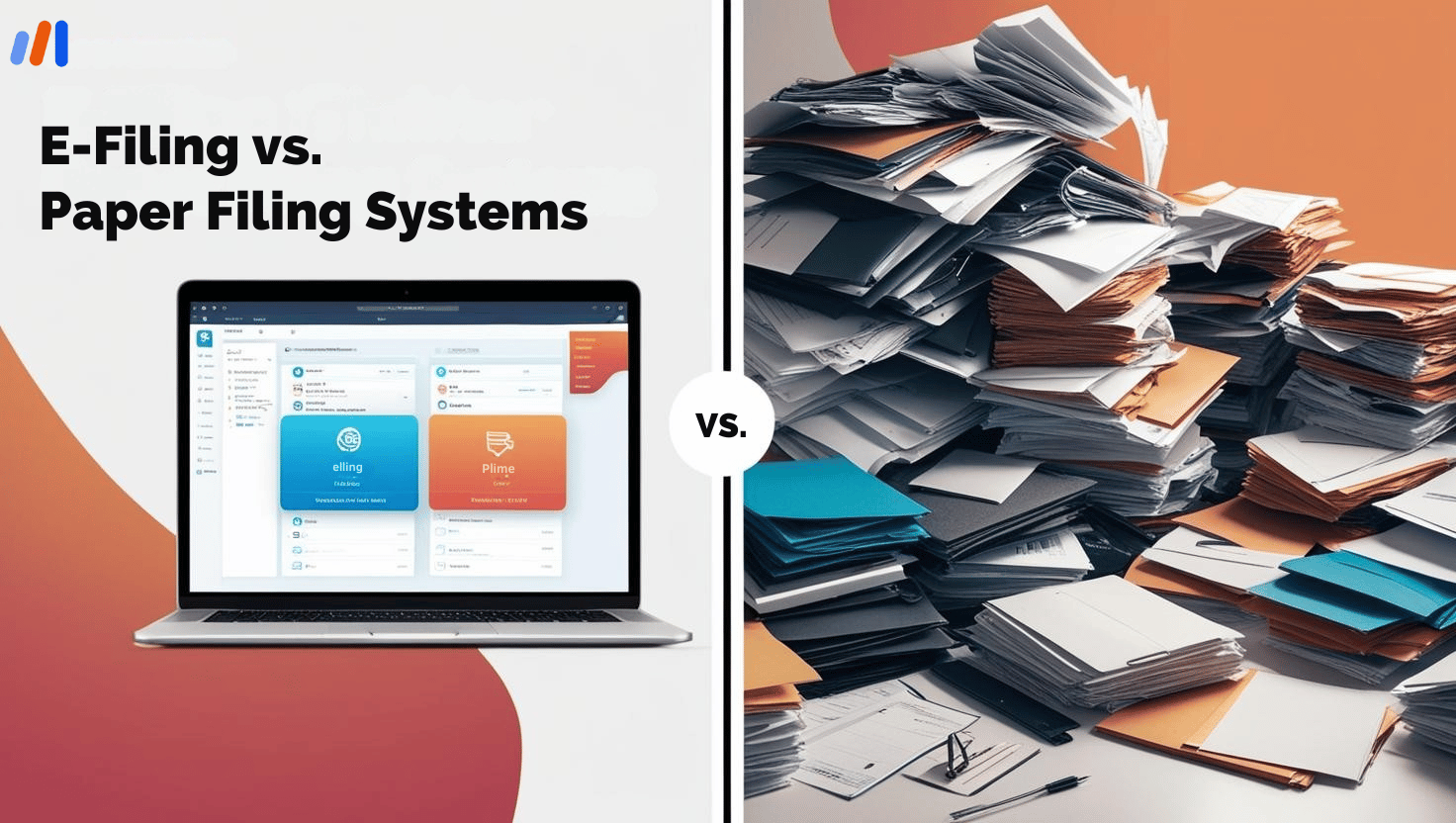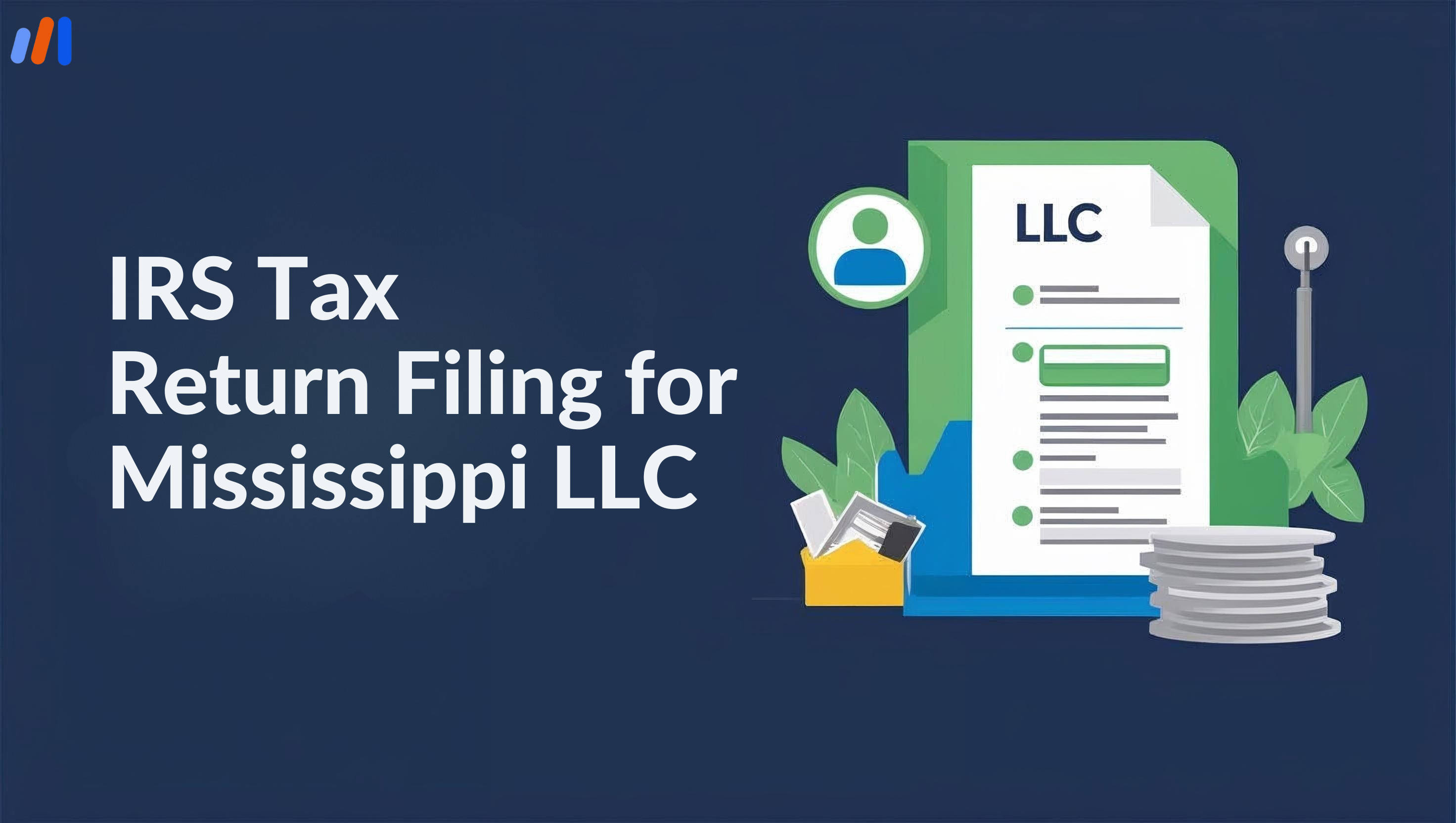Dissolving a Limited Liability Company (LLC) in New Jersey is an important process that involves several legal and administrative steps.
Whether your business is no longer operational, you want to close it for personal reasons, or the LLC has fulfilled its purpose, it’s essential to follow the proper procedures to ensure the dissolution is completed correctly. Failing to do so can result in ongoing fees or even legal issues down the road.
With this in mind, this guide becomes very handy for the clients getting ready to understand the dissolution process of an LLC in New Jersey.
Step 1: Vote to Dissolve the LLC
Consensus Required: Members (owners) of the LLC need to vote in favor of the dissolution of the LLC.
LLC Voluntarily Dissolution: Members must be willing to dissolve an LLC in New Jersey, this is required without fail.
Voting Requirement: Written propositions targeting the closing of an LLC have to be voted on.
Operating Agreement:
- In regards to voting requirements, the operating agreement of the LLC should provide a detailed guideline.
- A certain percentage may apply for example a supermajority to ensure fragmentation of opinions comes into place.
No Operating Agreement: If there is no operating agreement, state law governs:
- In most cases, only a simple majority is needed from LLC members to vote for the dissolution clause.
Manager-Managed LLC:
- The managers of the LLC are authorized to approve the dissolution as long as they are holding the managerial position in the LLC.
Step 2: Obtain a Certificate of Dissolution
After such a vote, and decision has been taken on the dissolution of the LLC, you owe it to the state of New Jersey to inform them by filing a Certificate of Dissolution.
This completes the process of registration or dissolution of your LLC with the business authorities. This can be done online through the New Jersey Business Gateway or physically by posting it to the Division of Revenue and Enterprise Services.
The following information will be required for the Certificate of Dissolution:
- LLC Name: The legal title of the LLC
- Business ID Number: This is the number the State issued to your business entity
- Effective Date Dissolution Request: The requested date the LLC dissolution is to become effective (You may backdate up to thirty days but no further.)
- Signature of Authorized Person: An authorized member, manager, or representative of the LLC is required to sign the form.
On receipt, a copy will be sent to the appropriate officer who will act upon it in accordance with the regulation in the state. A filing fee for dissolution is usually about $100, however, you must always refer to the fee schedule for the current charges on the New Jersey Division of Revenue and Enterprise Services.
Step 3: Notify the IRS and Settle Your Taxes
When an LLC is going to be terminated then it is not only a matter of the state but it also includes the IRS and other tax departments as well. It means that termination of LLC is going to require you to submit a final debt repayment for both federal taxes and state taxes.
File Final Tax Returns
- If your LLC has been recognized as a partnership then you will be required to file form 1065, putting a status of final return.
- In the case that your LLC has been cited as a corporation, submit Form 1120 marking it as final hence checking the box and looking to make it final.
- In case you have employees in your LLC, it is important that there is a smooth payment and filing of all the payroll taxes inclusive of tax forms 941 which is done on a quarterly basis as well as 940 which is done on an annual basis in compliance with the Federal Unemployment Tax Act.
Clear State Taxes: New Jersey mandates that every LLC clears any state tax that is outstanding before cancellation of the LLC which could include but are not limited to;
- Sales tax if your business was registered for sales tax collection.
- Use tax for items purchased without paying sales tax.
- Employment tax for businesses with employees.
File a Final Annual Report: In New Jersey, an annual report is required for LLCs, and during the year of an LLC’s dissolution you will need to file a report which essentially makes note of the dissolution of your business. In the absence of a report when dissolution occurs ensure that you check with the state to ensure that everything regarding taxes is in order.
Step 4: Settle Outstanding Debts and Liabilities
The outstanding liabilities or debts must be addressed timely after deciding on the dissolution of the LLC. This is because all business debts will be in the person’s name and they will become liable for the business obligations. To ensure a smooth transition of your LLC’s finances follow these simple steps:
Notify Creditors: The first step when an LLC is winding up is to send out notifications to all the creditors, be it suppliers, service providers, or any other firm, that the LLC is dissolving. Ask for a closing balance statement and the outstanding balances and try to settle everything before the closing steps begin.
Pay-Off Debts: Any business assets that are left should be used to pay back creditors, and so business loans that have yet to be paid off unpaid invoices, and anything else remaining as an obligation must be settled.
Distribute Remaining Assets: The funding and assets that are available after paying the debts will now be available for distribution among the members of the LLC as stipulated in the operating agreement. If that is not the case, they will follow the New Jersey laws on asset distribution.
Complete a Liquidation Process: If necessary, the LLC may have to go through a formal liquidation process where assets are sold off to cover debts. This is more common for larger businesses or those with complex financial situations.
Step 5: Close Business Accounts
Next in line after the LLC is winding up all its debts are the steps that need to be taken to end and cancel all business transactions, accounts, and any legal ties that the business is associated with to avoid unnecessary administrative debts or legal issues.
Close Business Bank Accounts: Reach out to your financial institution and close any relevant line of business. Before proceeding to finishing or closing the account, there should not be any unfulfilled payments, such as orders, automatic drafts, or even checks.
Cancel Business Licenses and Permits: If your firm was in possession of some local permits or licenses, a federal or state permit all of those authorities should be notified for revocation. This will save a considerable amount spent on administrative activities.
Terminate Leases or Contracts: If your LLC has any of the above-mentioned contracts, the same was to be done in case these were to be canceled until the termination of the firm. If warranted, acquire early termination clauses in order to limit the loss in penalties.
Step 6: Inform Other Stakeholders
This ensures there is no ambiguity and you have informed everyone about the termination of your LLC, remember to inform all stakeholders about the closure. This includes both active clients and customers, as well as vendors and employees working within your company.
This is especially crucial now in the event that your LLC had active contracts or undertakings or had services and outstanding orders to fulfill or transfer.
Clients / Customers: Upon commencing the inquiry, ensure that all outstanding projects or related transaction orders have either been completed or reassigned. Inform them of your business closure and inform them about other related contact information if there is any.
Employees: On the other hand, if your LLC has employees, issue them their last paycheck as well as all other relevant documents (last W-2 for instance). Abide by federal and state laws concerning labor, inform the Department of Labor regarding layoffs or the closure of business.
Suppliers / Vendors: Inform suppliers and vendors that your LLC is closed this way you will not be receiving services or products that are needed less or haven’t been needed at all.
Step 7: Safeguard Documents
Regarding your taxes and other legal matters after the dissolution of the LLC, there are certain records you will have to store for an amount of time as the state and the IRS might dew it exigently. Keep these documents for an ‘indefinite’ amount of time and the IRS and State authorities will deem it necessary:
Certificate of Dissolution: This is the legal paper signed by the secretary of the state meaning your business registration has been officially canceled and done away with.
Tax Returns: The last tax returns completed by the LLC, can include both federal and state returns.
Debts and Liabilities: A record indicating that all debts were paid off with copies of all communication with creditors as well as payment receipts.
Final Meeting Minutes: The record of the proceedings during a meeting in which the decision to dissolve a company was made or the members resolved or voted on the subject.
In the future, these documents may be relevant in case of legal or tax disputes concerning the dissolution of the LLC.
How EasyFiling Helps You In Dissolution of LLC
The dissolution of an LLC can be challenging but EasyFiling seeks to make the process more streamlined. From professional advice to compliance requirements, EasyFiling can be your reliable partner in each stage during the dissolution of an LLC.
Our specialists will handle the filing of the documents related to the ceaseage of the business and assist in the last tax statements to the IRS as well as make sure that all the necessary documentation is filed correctly and in good time.
Also, we can assist you in closing your business accounts, canceling your permits as well as providing certain documents for future reference.
If you use the services of EasyFiling, you can stop worrying about complicated legal procedures and administrative tasks and easily dissolve your LLC. We enable easy pursuit of legal obstacles and provide ample help with closing a business as well.
Frequently Asked Questions (FAQs)
1. What is the first step to dissolve an LLC in New Jersey?
The first step to take is for all its members to make a written statement declaring that they wish to dissolve the business. The decision has to be by the Operating Agreement if one exists or the law relevant to the state holds sway at that time and this usually requires a supermajority in favor of the dissolution.
2. How much does one dissolve a business in NJ?
Typically, the filing fee for the Certificate of Dissolution New Jersey LLC is around $100 although this figure is parated to change. Make sure that you visit their website to get the current figure.
3. Do I need to notify the IRS when dissolving my LLC?
It is inevitable yes as every LLC is on a requirement basis in getting the IRS notified of their termination through returns which are the last ones for the LLC in context so such must pay back all outstanding federal taxes and mark their return as final.
4. What happens to the LLC’s debts when it is dissolved?
All debts of an LLC like vendor debts, taxes, or any outstanding loans must be thoroughly cleared before the dissolution. When all debts have been cleared, all remaining assets must be apportioned according to the member’s operating agreement along with state law.
5. Do I need to file a final annual report before dissolving my LLC in New Jersey?
Yes. There is annual reporting for LLC New Jersey. You are required to submit the last annual reports and put on record that the LLC is being dissolved in the year of dissolution. If there is no report yet due at the time of dissolution, check with the state to make certain that all tax and reporting obligations have been satisfied.
File Your LLC Today
25$ off with a coupon
Lock in EasyFiling's transparent rates and get lifetime compliance support at no extra cost.
Get Started Now








